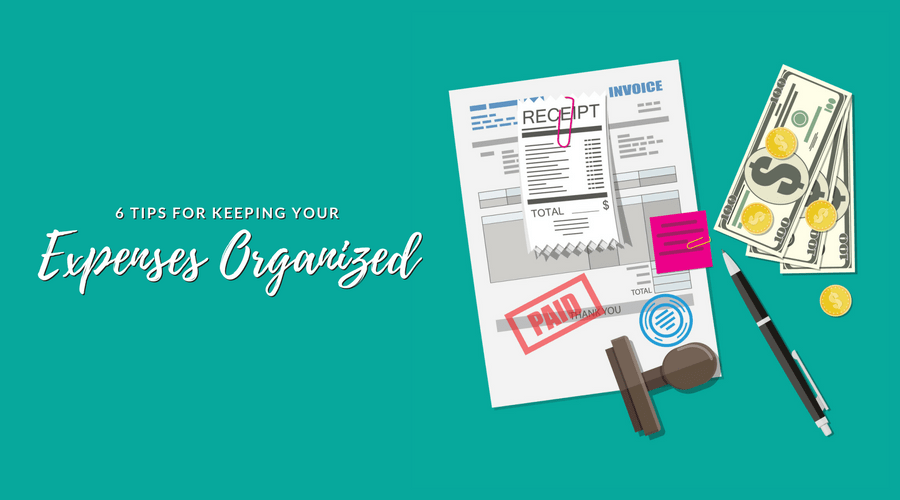Accrual Accounting vs. Cash Accounting

Now that your business is officially up and running, you’re ready to watch the cash flow in. Of course, since you’re just entering the market, you’ll also be spending cash to catch up with and get ahead of your competition. To keep track of your revenue and expenses, you need to choose an accounting method for your small business – cash accounting or accrual accounting.
What is cash accounting?
Cash accounting recognizes actual physical income and expenses instead of projected or expected income and expenses. It tracks when cash is received and expenses are paid, operating independently from accounts receivable and accounts payable. Ultimately, money is reported as it enters or leaves your bank account.
Put the business aside for a moment and consider the way you handle your personal money. Do you generally base spending decisions on how much money you have or how much money you will have? Cash accounting focuses on the money your business has at that exact moment. This method makes it easy for your business to assess cash flow because you will operate based on actual dollar amounts. You won’t be accounting for future income or expenses.
The downside to cash accounting is it doesn’t show you the full picture. You’ll know how much money you have available to spend, but you’re not considering pending transactions, debts, or credits.
What is accrual accounting?
Accrual accounting is the opposite of cash accounting. You’ll record income as it’s earned and expenses as they’re billed, instead of when the cash is received or expenses are paid.
So, instead of waiting until your business receives payment for a project, you’ll record the income for the project when it’s complete. If your business is billed for a service, you’ll record that expense even if the bill has not yet been paid.
This may seem like an unusual tactic to take for managing money, but it’s actually the more common way. Why? Accrual accounting gives you a better feel for revenue and expenditures over time. As business owners consistently think long-term, it’s important to know what they can afford further out.
For example, your business completes a service that will earn you $5,000. If you use the accrual accounting method, you can plan additional service appointments knowing that $5,000 will be coming your way soon. You won’t have the cash in your hands or bank account yet, but it will be recorded in your accounting records. Read also: 13 Tips for Getting Paid on Time
How is each method taxed?
For cash accounting, income should be reported in the tax year it’s received, and expenses should be deducted in the tax year in which they are paid. For accrual accounting, income should be reported in the tax year in which it’s earned, no matter when the payment is received. Expenses apply to the tax year in which they are incurred, regardless of when they are paid.
You’ll have to decide which accounting method your new business will be filing under. Once you make the decision, the method chosen will apply to all subsequent tax returns. It’s possible to change your accounting technique, though it will require the completion and submission of Form 3115 to the IRS for review.
Is cash or accrual accounting best for your business?
It really depends on the type of business you’re operating. You might want to have a CPA take a look at your business plan to get a well-advised, specific answer. Each method is viable, so you’ll just have to decide which is the ideal fit for handling funds in the present and future. If your business revolves around quick transactions, cash accounting could be the best route. If your company has gradual, periodic transactions or keep inventory on hand, the accrual method may be a better fit.


